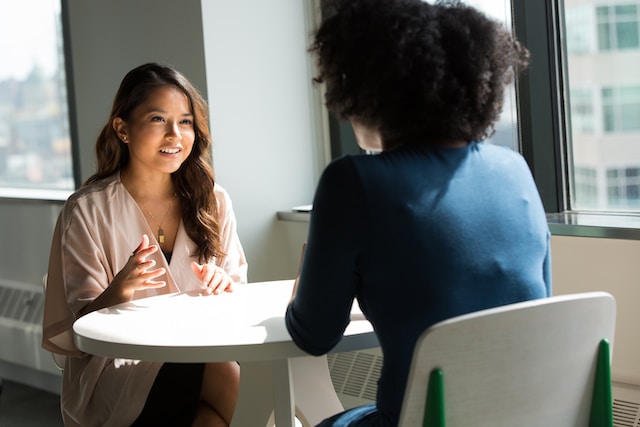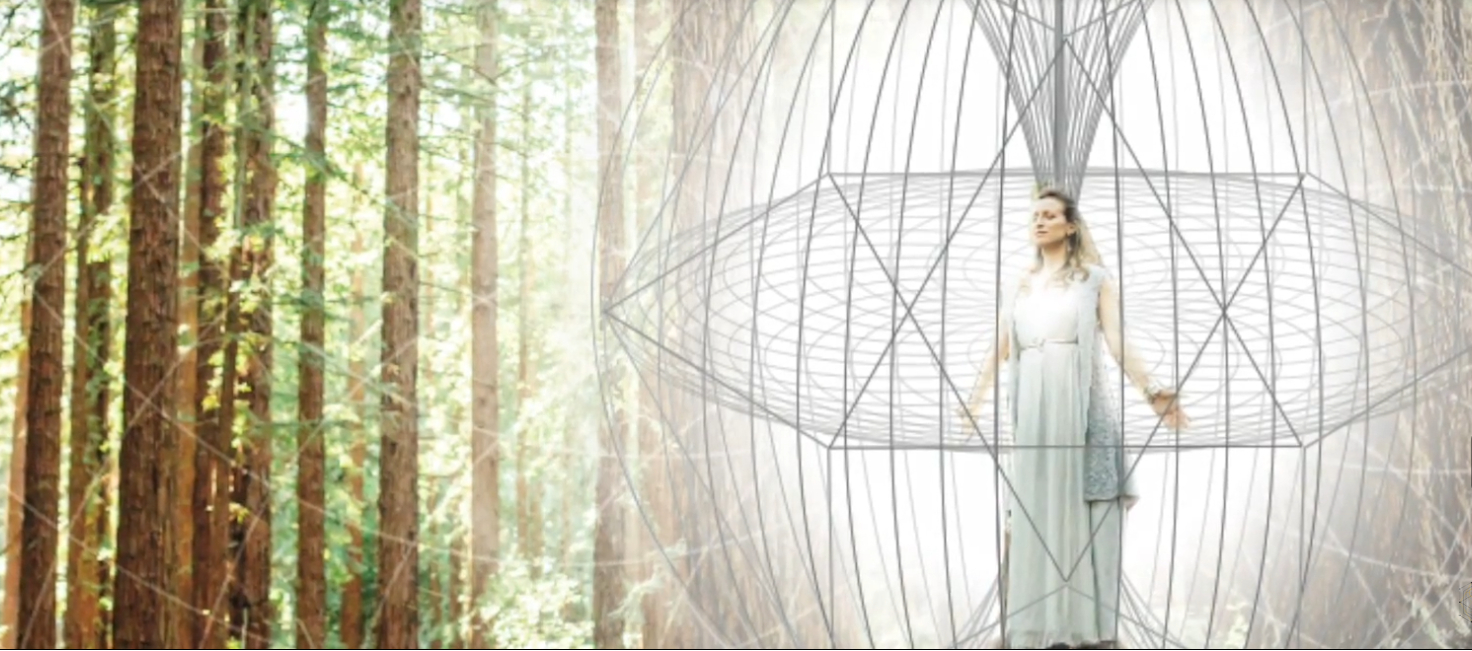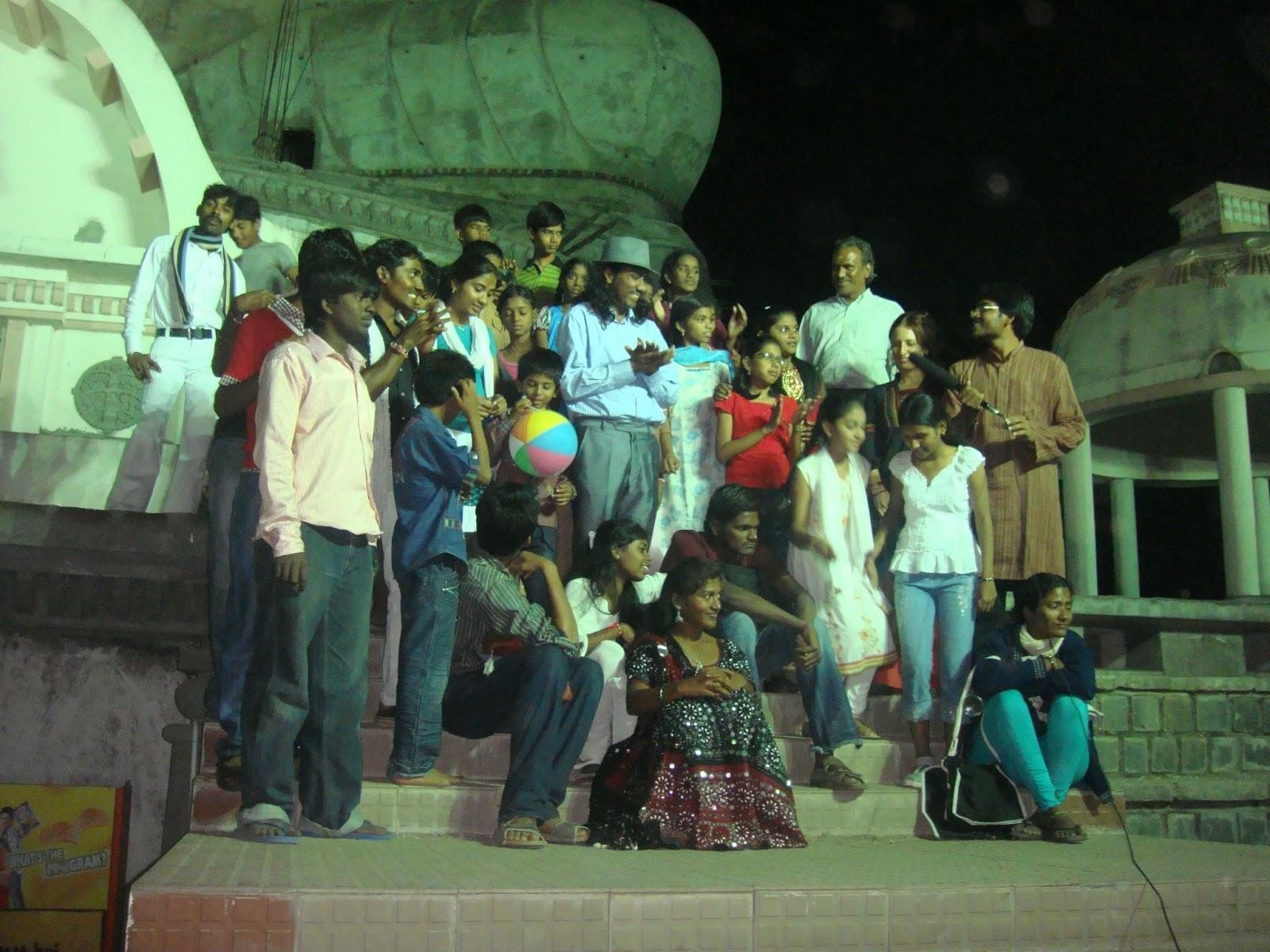How to Generate More Positive Coincidences
24 May, 2023
Author: Jess Pryce-Jones, Coach, Leadership Development Consultant, Author, TCP Secretary of the Board
Key Points
- – We can all enjoy more luck and fortunate coincidences by making small changes to the way we think and what we do.
- – Researcher Richard Wiseman found that the habits of thought of lucky people included: noticing chance opportunities with an openness to new experiences, trusting one’s own intuition, holding positive expectations about the future, and displaying resilience in turning bad situations into better ones.
Large scale surveys examining individual differences show that experiencing coincidence isn’t predicted by age, gender, IQ or education. But what is known is that the more you notice them, the more they seem to happen.
Back in the 1990’s, Richard Wiseman researched what made people lucky or unlucky, in other words what lay behind bad or good coincidences. He found that there were four basic behaviors. First, lucky people were skilled at making and noticing chance opportunities; they build and maintain strong networks and are open to new experiences. Second, he found that they make good decisions by listening to their intuition, taking the time to actively boost those abilities by meditating and clearing their minds. Third, they use positive expectations to create self-fulfilling prophecies, and, finally, when it all goes wrong, they adopt a resilient approach to turn their situations around.
What makes these behaviors possible? Wiseman looked at personality and found that anxious people were unluckier because anxiety prevented them from noticing the unexpected. If you’re relaxed and open, you literally have a broader vision, so you pay attention to chance and coincidence. If you’re anxious, you see just what you’re looking for and no more.
Wiseman demonstrated this with an experiment. He asked people to look through a newspaper and count the photos. The lucky people took seconds to do this task because on page two there was a message in type that was two inches high saying, ‘Stop counting – there are 43 photographs in this newspaper.’ Unlucky people missed that message, and they missed a follow-up second message half-way through which said, ‘stop counting, tell the experimenter you have seen this and win £150.’ They were too busy looking for and trying to count the photographs.
Wiseman did a further experiment to see if it was possible to teach unlucky people to behave like lucky ones, by sending them to what he called Luck School. That involved understanding lucky behavior, breaking their daily routines to create more chance opportunities, and dealing with bad luck by imagining how things could have been worse. After a month, an astonishing 80% of people reported more luck. You can enjoy more luck and fortunate You can enjoy more luck and fortunate coincidences by making small changes to the way you think and what you do.
So why wouldn’t you?
REFERENCES
Wiseman R., (2003) The Luck Factor, Skeptical Inquirer, 27 (3) 1-5 http://richardwiseman.com/resources/The_Luck_Factor.pdf
Wiseman, R. (2004). The luck factor. Random House.
Luckiness, Competition, and Performance on a Psi Task, by
Smith, Matthew D; Wiseman, Richard; Machin, Dan; Harris, Peter; Joiner, Richard. The Journal of Parapsychology; Durham, N.C. Vol. 61, Iss. 1, (Mar 1, 1997): 33.













Anne heleen Bijl
24-05-23
Those people that missed the first message but saw and reacted on the second one about the 150 pound were the luckiest, I guess. 😄 I think also that anxiety does not prevent you from remarking coincidences but from daring to believe in the possible message. Thank you for the blog. 🍀